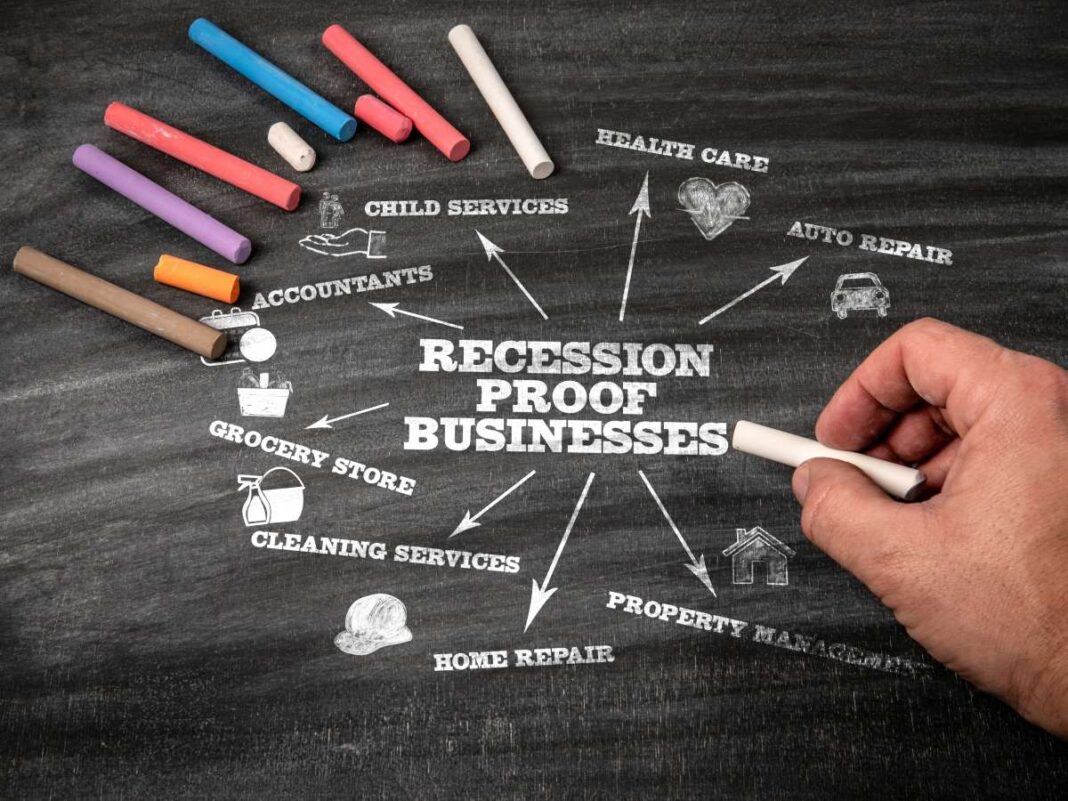In times of economic uncertainty, businesses face the daunting challenge of sustaining growth while navigating the volatile tides of financial downturns. Recessions can test the resilience of even the most established companies. However, with strategic planning and proactive measures, businesses can not only withstand economic slumps but emerge stronger. Here’s how you can build a recession-proof business.
Assess Your Business Health
The first step towards resilience is conducting a thorough health check of your business. Understanding your financial standing, market position, and strategic direction is crucial. Ask yourself critical questions: How might your customers react to an economic downturn? Are your competitors changing their strategies? What does your cash flow look like, and can you cut costs without harming operations? This self-assessment lays the foundation for informed decision-making and strategic planning.
Prioritize Resource Deployment
In challenging times, it’s essential to prioritize enhancing operational efficiency and embracing digital transformation. Streamlining operations not only reduces costs but also positions your business for agility. By allocating resources to areas that drive efficiency, you can build resilience against economic headwinds.
Build a Resilient Organization
Resilience isn’t just about finances; it’s also cultural and strategic. Financial resilience involves focusing on customer retention and effective cash flow management. Cultural resilience requires fostering a strong company culture and empowering employees to be self-sufficient. Strategically, view recessions as opportunities for innovation and market expansion. Companies that adapt quickly and think creatively are more likely to thrive.
Embrace Digital Transformation
Digital transformation is no longer optional—it’s essential for adapting to new market demands. Upgrading technology and leveraging data can lead to significant improvements in efficiency and customer satisfaction. Audit your current technology stack and consider integrating systems that improve data visibility and decision-making. Tools like business observability software can integrate and contextualize data from various sources, empowering your teams to make informed decisions swiftly.
Implement a Modern Operating Model
Adopting a modern operating model aligns team priorities with organizational objectives, fostering transparency and quick decision-making. By leveraging core competencies and reducing silos, your business can maintain a competitive edge. Cultivating agility allows you to react swiftly to market changes and execute adaptive strategies effectively.
Strengthen Vendor Relationships
Maintaining strong relationships with your vendors is crucial during economic downturns. Ensuring timely payments can prevent disruptions in your supply chain. Consider using automated invoice approvals to streamline this process. Additionally, negotiating better payment terms and volume-based discounts can optimize your costs.
Enhance Financial Forecasting
Improved financial forecasting helps in navigating uncertainty. Utilize advanced analytics tools to gain real-time visibility into spending trends and identify cost-saving opportunities. Accurate forecasting enables better strategic decision-making, ensuring that your business stays ahead of potential challenges.
Focus on Customer Service
Customer loyalty can waver during tough times. Focusing on exceptional customer service can retain and attract customers through excellent service and referrals. Satisfied customers are more likely to stay with you and recommend your business to others, providing a steady revenue stream when you need it most.
Diversify Revenue Streams
Relying heavily on one customer group or product line can be risky. Diversifying your revenue streams can mitigate this risk. Explore new markets, segments, or product offerings. This not only spreads risk but can open up new opportunities for growth even during a recession.
Invest in Employee Development
Your employees are your greatest asset. Investing in their development can enhance your business’s resilience. Avoid layoffs if possible, as they can lead to a loss of valuable talent and morale. Instead, focus on cross-training, performance-based incentives, and leadership training to build a more capable and adaptable workforce.
Leverage AI and Automation
Artificial Intelligence (AI) is transforming workplaces by increasing efficiency and productivity. Experts predict that AI may even lead to the adoption of a four-day workweek. HR plays a critical role in managing AI by ensuring ethical compliance and human oversight in decision-making. Embracing AI and automation can streamline operations and free up resources for strategic initiatives.
Prepare for Opportunities
Economic downturns can present unique opportunities. Companies that are prepared can seize emerging opportunities that others might miss. This could include acquiring distressed competitors, expanding into new markets, or innovating your product offerings.
Stay Informed and Adaptable
Finally, staying informed about economic trends and being ready to adapt is vital. Monitor market conditions and be prepared to adjust your strategies accordingly. Flexibility can be a significant advantage in times of uncertainty.
Building a recession-proof business is about more than just surviving the next downturn; it’s about creating a resilient, agile organization that’s ready to thrive no matter what the future holds. By focusing on efficiency, embracing innovation, and investing in your people, you can navigate economic challenges and emerge stronger than before.

